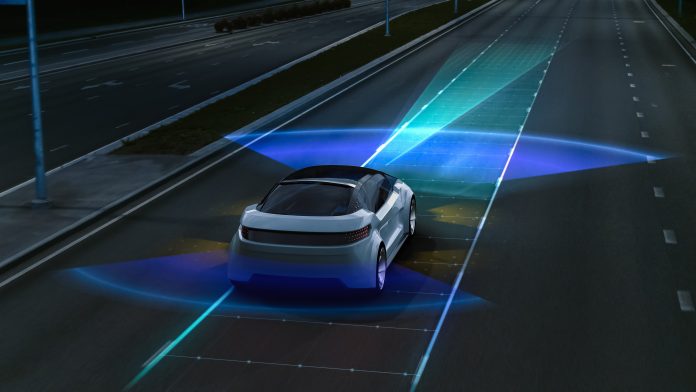The UK Government has announced that pilots of self-driving taxi- and bus-like services will be brought forward by a year to spring 2026, attracting investment and making the UK one of the world leaders in this technology
Today (June 10, 2025), Transport Secretary Heidi Alexander has confirmed that the government will fast-track the introduction of self-driving vehicles on England’s roads, initially planned for spring 2026.
This announcement is expected to create 38,000 jobs, improve road safety, and add billions to the economy, paving the way for a prosperous future.
The self-driving industry could be worth £42bn by 2035
Businesses will be able to pilot small-scale ‘taxi- and bus-like’ services without a safety driver for the first time, which could be available to members of the public to book via an app, before a potential wider rollout when the complete Automated Vehicles Act becomes law from the second half of 2027.
Self-driving vehicles can reduce human error, which accounts for 88% of all road collisions, a pivotal move for improving road safety in England.
The plans to bring self-driving vehicle pilots forward will help deliver Plan for Change, with job creation offering new opportunities to the public and driving investment back into British engineering, creating an industry worth £42 billion by 2035.
Transport Secretary Heidi Alexander said: “The future of transport is arriving. Self-driving cars could bring jobs, investment, and the opportunity for the UK to become a world leader in new technology.
With road safety at the heart of our pilots and legislation, we continue to take bold steps to create jobs, back British industry, and drive innovation to deliver our Plan for Change.”
Improved public transport, safer roads, and more flexibility for people in England
The Automated Vehicles Act will ensure that self-driving vehicles achieve a level of safety comparable to that of a competent and careful human driver.
A self-driving vehicle has faster reaction times and will be trained on large numbers of driving scenarios, including learning from real-world incidents, to reduce deaths and injuries on English roads.
Self-driving vehicles offer greater choice and flexibility in public transportation options, with the potential to expand transportation options in rural areas and enhance connectivity between local communities.
Technology Secretary Peter Kyle said: “We can’t afford to take a back seat on AI unless it’s on a self-driving bus. It’s great to see the UK storming ahead as a global leader in utilising this technology – making our roads safer, travel easier, and driving growth by spurring innovation across the country.
That’s why we’re bringing timelines forward today, placing the UK firmly in the fast lane and creating opportunity along the way so people across the country benefit.”
Wayve and Oxa have been revolutionising vehicle technology since 2015
Self-driving trials began in January 2015 in the UK, spearheaded by two British companies, Wayve and Oxbotica. The UK Government hopes that, after ten years of research, self-driving vehicles without a safety driver could be available to the general public.
Wayve secured a record-breaking investment of over $1 billion and announced recent partnerships with Nissan and Uber. At the same time, Oxa has already supported ‘bus-like’ services in the US and is starting to roll out self-driving vehicles at Heathrow Airport to improve baggage handling.
Alex Kendall, co-founder and CEO, Wayve says: “The UK has been Wayve’s home since 2017 – building this technology here has been an incredible journey, from testing our prototype in Cambridge to deploying the world’s first end-to-end AI driver on public roads, starting in London and expanding nationwide.
Accelerating commercial self-driving pilots to 2026 positions the UK as a leading destination for the deployment of L4 self-driving technology. These early pilots will help build public trust and unlock new jobs, services, and markets. For Wayve, this means we can prioritise the UK for early deployment and help deliver safer, cleaner mobility to the UK. We’re excited to bring the benefits of L4 autonomous mobility to cities around the UK.”
Mike Hawes, SMMT Chief Executive, said: “Britain’s self-driving vehicle revolution moves one step closer, with today’s announcements putting the country on track to reap the road safety and socio-economic benefits this technology can deliver.
The pilot rollout of commercial self-driving services from next year will widen public access to mobility, while the consultation will ensure the technology is deployed safely and responsibly. These latest measures will help Britain remain a world leader in the development and introduction of self-driving vehicles, a manifest application of AI at its finest.”
Gavin Jackson, Oxa’s CEO, said: “Oxa welcomes the Department for Transport’s (DfT) decision to enable driverless services on British roads by 2026.
Since 2024, Oxa has advocated for an expedited regulatory regime. Clear rules will open up the market and encourage transport companies to introduce the benefits of autonomous vehicles nationwide. Today’s announcement shows that Britain is ready for this technology.”











